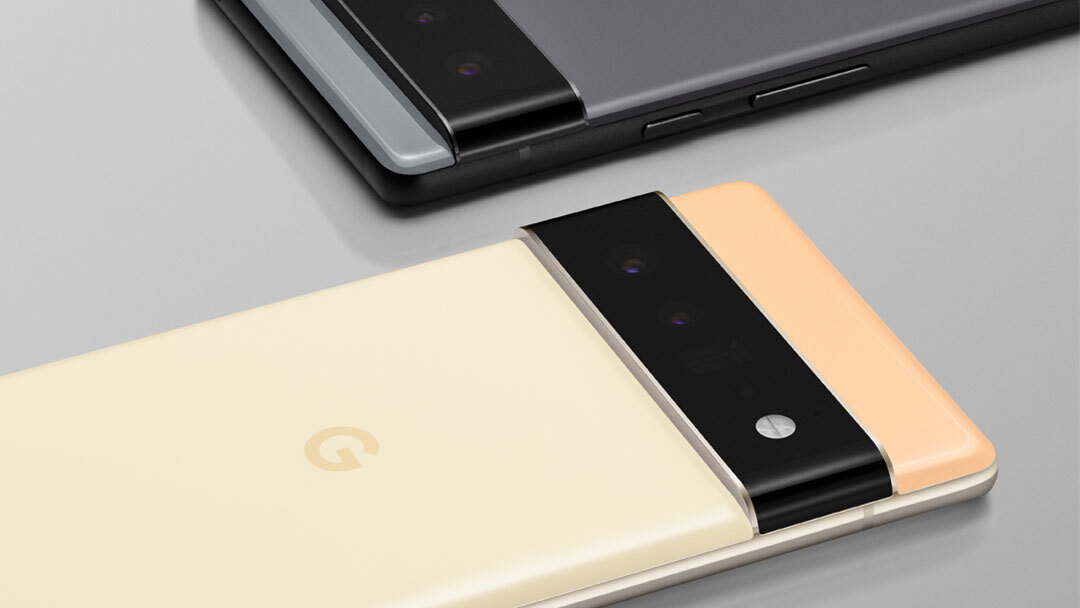Google Pixel 6 won't ship with a charger in the box
The Google Pixel 5a is the last Google phone with an in-box charger

Sign up for breaking news, reviews, opinion, top tech deals, and more.
You are now subscribed
Your newsletter sign-up was successful
The Google Pixel 6 will not ship with a wall charger in the box, following Samsung and Apple’s moves dropping charging bricks to reduce e-waste (and, of course, save on costs).
This goes for all future Google phones, too – the just-launched Google Pixel 5a will be the last to launch with a wall charger in the box, as first reported by The Verge.
While that could mean the Pixel 6 arrives in a slimmer box with nothing but the phone, we presume Google will include at least a charging and connection cable (likely USB-C to USB-C), as Apple and Samsung have done. That allows new owners to transfer over their data physically from old phone to new, if they’re averse to wirelessly uploading and downloading all their old apps and info.
Analysis: a wall charger-less phones world? Not exactly
Of course, just because Google has joined two of the biggest smartphone companies in ditching wall chargers doesn’t mean they’ll disappear. Even if other massive phonemakers like Xiaomi, Oppo, and Huawei should follow suit, people still need to connect their cables to wall outlets.
That means consumers will simply buy one after-market if they need, either from first- or third-party retailers. Phonemakers would rather you buy theirs, of course – Samsung asserts that ‘for the best battery performance and durability’ one should buy chargers that are ‘genuine Samsung products’ on its charger FAQ page – but there are plenty of options online.
Apple, Samsung, and Google’s reasoning for ditching the charger makes some sense – those bricks can just pile up if they end up being redundant. It’s also catering to shifting consumer values, Samsung Mobile’s Head of Product Management in the UK Paul Scott told TechRadar last year.
“Listening to our consumers they’re making far more, as we are, sustainable choices in their daily lives, and what we need to do is make sure that we support that,” Scott said. “We do not want to be sending a consumer yet another charger when they’ve possibly got a charger from, say, 2018 or going all the way back to 2017. It's a USB Type-C charger, so we're not changing it.”
Sign up for breaking news, reviews, opinion, top tech deals, and more.
Of course, that doesn’t tell the whole story: sure, Android phones have been using USB-C chargers for years, but their wattage has shot up since then. The 2017 Samsung Galaxy S8 launched with a 15W charger in the box, while the 2021 Samsung Galaxy S21 peaks at 25W – or, if you pick another phonemaker that’s actually kept up with the pace of charging speeds, you can get an Asus ROG 5 with a 60W charger in box, or a OnePlus 9 with a 65W brick.
Asus and OnePlus wall chargers are optimized for their brands (and will charge their own phones faster than those from other companies), but they’ll still recharge phones that can take the wattage much faster than older bricks. Google, Apple, and Samsung may be ditching them out of partial sustainability concerns, but consumers will still have to buy an up-to-date charger if they want the fastest recharging speeds.
- Stay on top of tech news with the TechRadar newsletter

David is now a mobile reporter at Cnet. Formerly Mobile Editor, US for TechRadar, he covered phones, tablets, and wearables. He still thinks the iPhone 4 is the best-looking smartphone ever made. He's most interested in technology, gaming and culture – and where they overlap and change our lives. His current beat explores how our on-the-go existence is affected by new gadgets, carrier coverage expansions, and corporate strategy shifts.